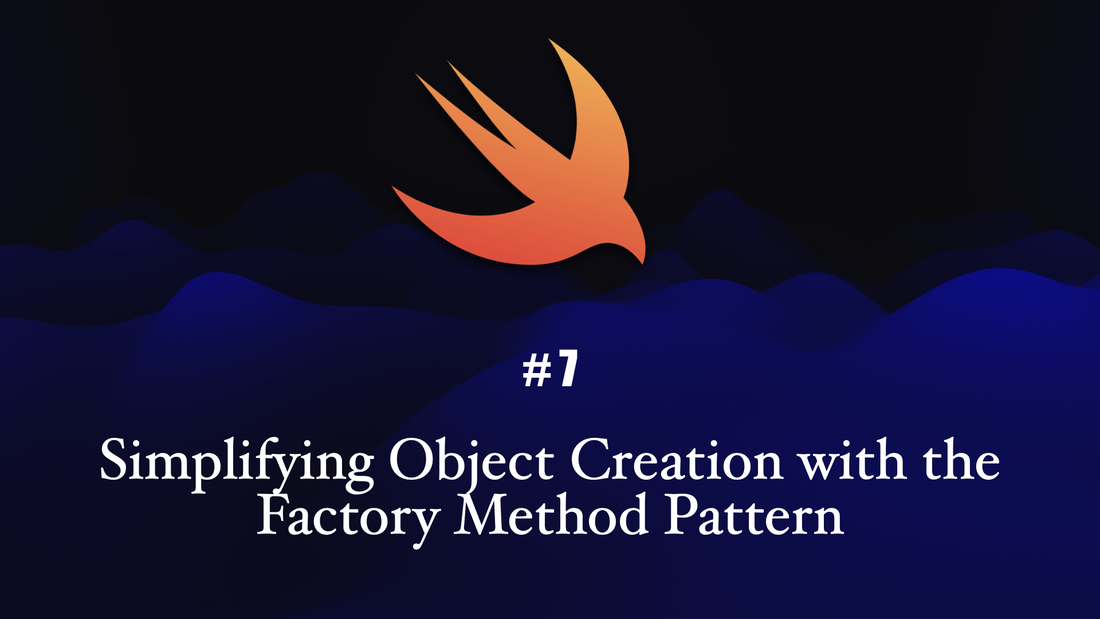In Swift, the factory design pattern can be implemented by defining a protocol that outlines the methods and properties that a factory object should have. This protocol can then be adopted by a class that implements the factory methods, which are responsible for creating objects of a specific type.
Here is an example of how the factory design pattern can be implemented in Swift:
The `VehicleFactory` class implements the `createVehicle(_ type: VehicleType)` static method to return an instance of the appropriate vehicle class based on the passed in vehicle type.
The factory design pattern is a useful way to create objects in a flexible and modular way. It allows for the creation of objects without specifying the exact class of object to be created. This makes the code more maintainable and scalable, and can help to reduce the complexity of a project.


